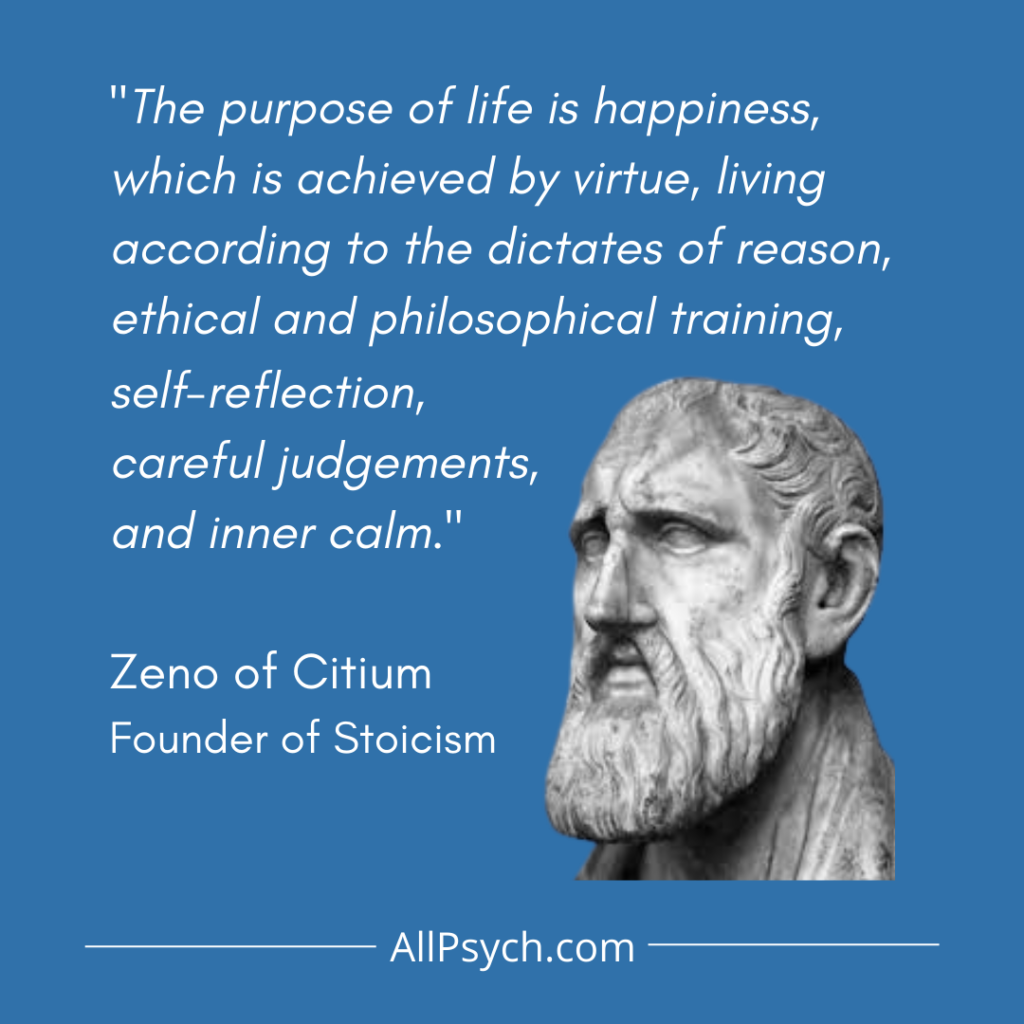General Psychology
Psychology, Mental Health, and Well-Being Handouts, Worksheets, and Infographics
ADDRESSING 3D WorksheetThe ADDRESSING Model, developed by Pamela Hays, helps people understand important social identities and how they influence us. This worksheet focuses on identifying how various cultural and social identities influence us in three dimensions – our sense of self, how …Read more
Read MoreStoicism, Virtue, and Mental Health
The point of philosophy is to become a better person, at least according to the Stoics. Perhaps this is why the Stoicism and the Stoics writings continue to play a vital role in religion, philosophy, psychology, and mental health. Their four virtues, among other aspects of Stoicism, were expanded from Socrates beginning around 300BCE and…
Read MoreWhat I Learned Writing About 1,000+ Psychology Studies
If you go to get a doctoral degree in psychology, you spend five years reading a bunch of psychology studies. Or so I’m told. I’ve never gotten a psychology doctorate. But I have done something more fun – I’ve written the AllPsych blog for five years. Fifty-five months is about 240 weeks, times three posts…
Read MoreReading Peer Reviewers’ Unprofessional Comments
When you read about a psychology study covered on this blog, or basically any published scientific study for that matter, you can rest easy knowing that the study has been through a process of rigorous peer review. Peer review is part of what gives published research its aura of credibility: papers that appear in peer-reviewed…
Read MoreWhen Is It OK To Use Deception in Psychology Studies?
There are white lies, there are truly harmful lies, and then there are lies told for the sake of science. Scientists don’t always agree on whether the latter are acceptable, or how often. Many psychology experiments involve lying to participants. Of the studies I’ve written about on here, I’m sure there are plenty of examples,…
Read MoreDefining Greed
A couple weeks ago, I wrote about a study on how childhood experiences potentially give rise to a later tendency to be greedy. The gist of the study was that only children from wealthier families were greedier on average as teenagers but that socioeconomic status didn’t have any obvious effect on greed for children with…
Read MoreShyness Is Related to Thinking About Thinking
Feelings of shyness can come with all kinds of thoughts. Worries, doubts, rumination. But a new study by researchers in Italy suggests it goes deeper than that: shyness might also have to do with how we think about thinking. Psychologists refer to the we make sense of our own thoughts as metacognition. In the study…
Read MorePeople Underestimate the Effects of Gratitude
People aren’t always good at predicting the impact their actions will have on themselves and others. I wrote about one example earlier this week, where introverts tended to be overly pessimistic about how much they’d enjoy social interactions. Another example comes from a study published this month in Psychological Science, this time on the topic…
Read MoreIntroverts Might Enjoy Socializing More Than They Think
Why do people vary in their tendency to seek out opportunities to interact with others? A reasonable explanation would be that extraverts simply enjoy social interactions more than introverts do. To some extent, this appears to be the case. But a new study from researchers at Duke University and Johns Hopkins University suggests there’s more…
Read MoreDiagnosing Social Anxiety From GPS Data
In a time where we carry smartphones that provide a constant stream of information about our lives, it’s worth asking: what can you tell about someone’s mental health from their smartphone data? Obviously, their search history might tell you something. But psychology and engineering researchers at University of Virginia turned to a different source: people’s…
Read More








